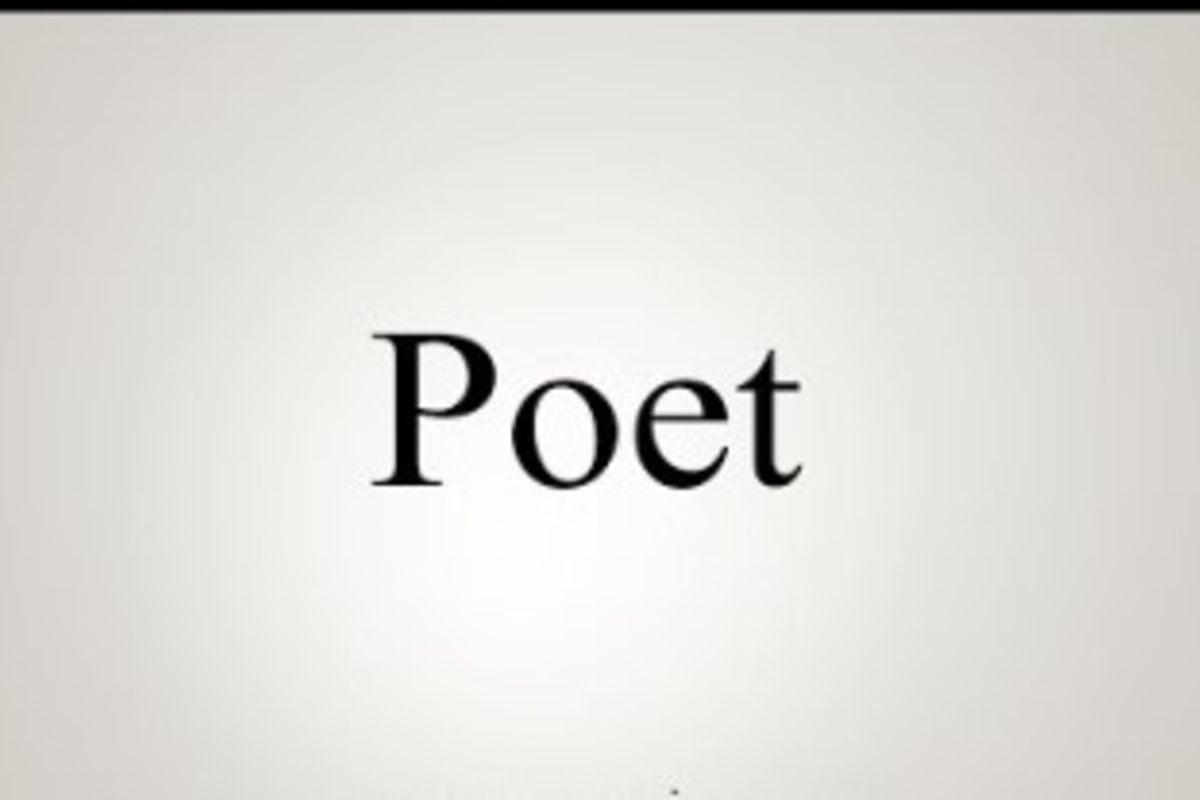Africa-Press – Cape verde. As soon as you write a single poem or perform a line of poetry, those assembled will immediately baptise you “a poet”.
And as sure as the spirit of Shakespeare seizes you like the enveloping heat on a summer’s day, you start calling yourself a poet too.
The tag catches on. Soon, you are asked to perform at a host of poetry events where you will get paid in hi-fives, discreet smiles and a Shs20,000 note balled up by the fist of the host.
It is not that the host doesn’t want anyone to see how much you are getting. To the contrary, the host has a fistful of unfunny money for the poet because it is agreed: poetry performances are priceless.
So paying for them somewhat trivialises their worth. It is thus better to keep that pay quiet, then.
Also, as long as you post poetry on social media; you are a poet.
It matters little if your knowledge of the language you use to convey your poetry is so flawed it should come with boards inside a house.
Good grammar and clever diction are avoided like Mpox, while sentences are replaced by phrases as “poets” become founts of malaprops and malaphors.
Everyone’s a poet
Nowadays, everyone is a poet. And if you are not one, there is a willing audience just waiting to christen you one.
That is because the standards of entry into poetry are non-existent. Besides, how do you evaluate a One-Word Poem?
If one word can make a poem, can’t any word make a poem? If so, poetry is words and words belong to us all. By this token, everybody is a poet. So who are we to distinguish a poet from a non-poet?
The low-hanging fruit of admission to the poetry fraternity has encouraged many non-poets to carry their political agenda to our poetry circles.
The activist-poet
In the last 10 years, poetry performances have become coded ensembles for a variety of political messages.
Several poets have been arrested; others have been barred from performing at different venues. That’s because they have been deemed too inflammatory for this fire-proof political dispensation, which places greater store by watered-down mumbo-jumbo than burning wordplay.
Still, after poets like Obed Obedgiu Kwokuboth Jalmeo led the way by pointing an admonishing pen at the leopard’s hindquarters, many a Ugandan “political poet” has sprung up.
Attempting to ride the coattails of poets who have crossed swords with the government and yet still have a pulse, poets of a younger generation felt that they could gain political notoriety en masse. In this mass movement, as it were, political activists, spies and even petty criminals fell in with the poets.
Guarding against pretenders
One way to protect poets is to have them registered in an organisation that can regulate poetry and poems. It is not enough for poets to be self-regulated.
There must be regulatory mechanisms which guide and guard the movement of labour within the poetry fraternity.
While this might sound like censorship, it is actually a way that cultural and creative industries can benefit from standard regulations concerning intellectual property rights, among others.
The policies and legislation governing the regulatory framework will facilitate artistic creation and enable business activities, while promoting and preserving the country’s cultural diversity.
All the while, critical thinking and the ability to link the written word to an artistic vision must be part of these regulations. This will help poets broaden their imaginative awareness of language.
This may not guard fully against pretenders, the book Inside BOSS: South Africa’s Secret Police by former spy Gordon Winter about the South African secret police during Apartheid reveals how well-nigh impossible it is to ward off infiltration.
Nonetheless, a regulatory framework would redress some of the glaring shortcomings we see in the poetry fraternity.
For More News And Analysis About Cape verde Follow Africa-Press






